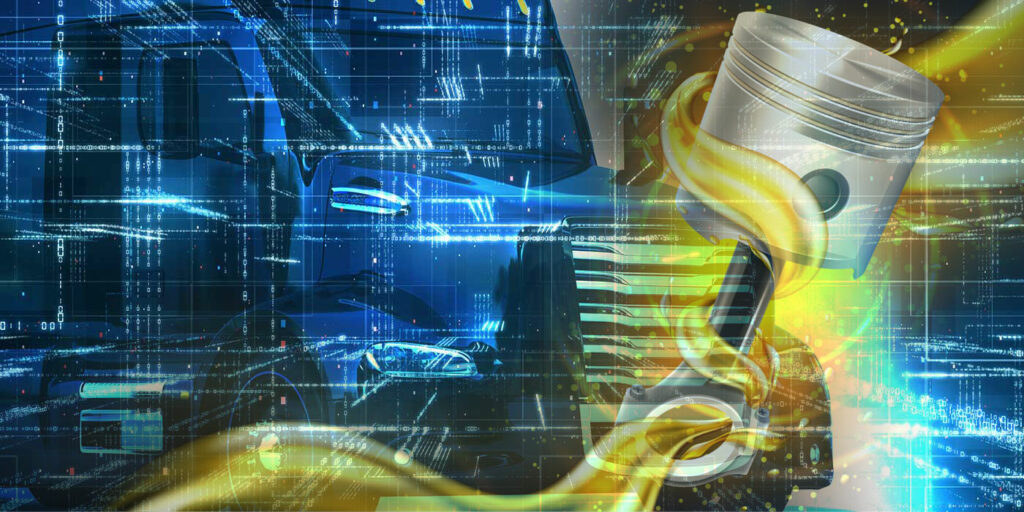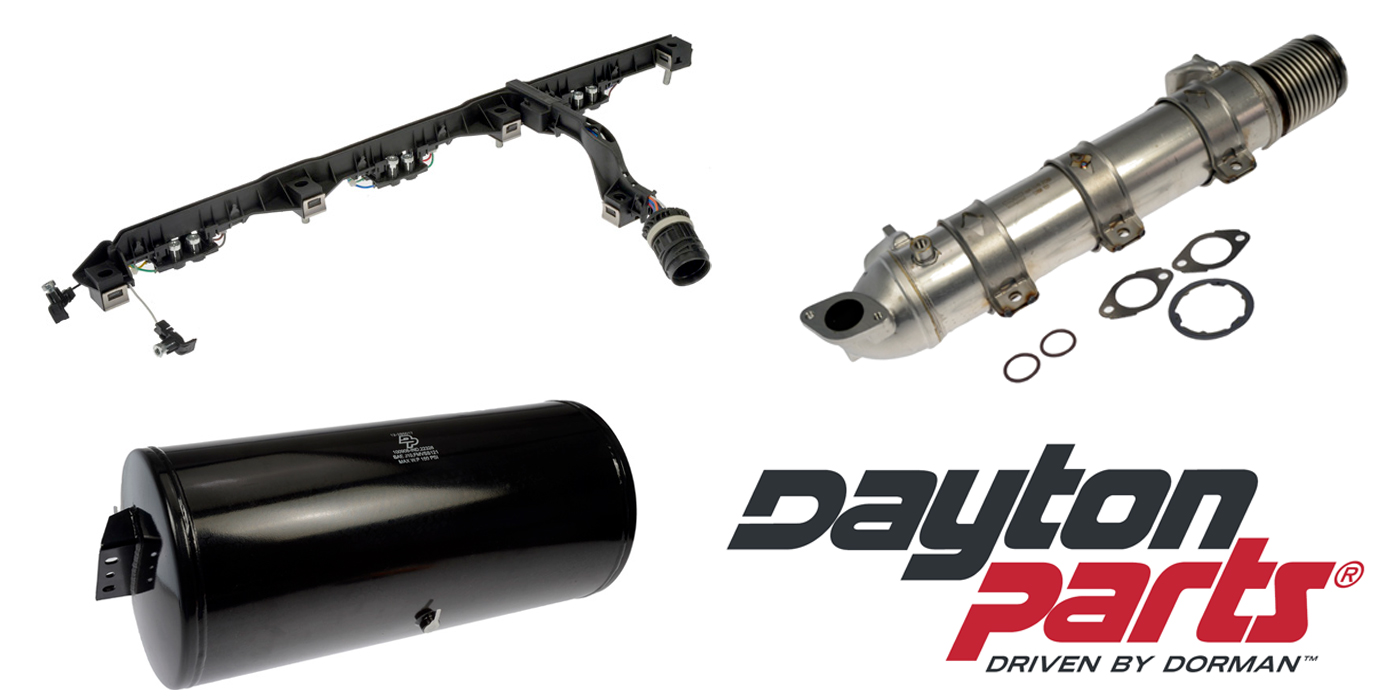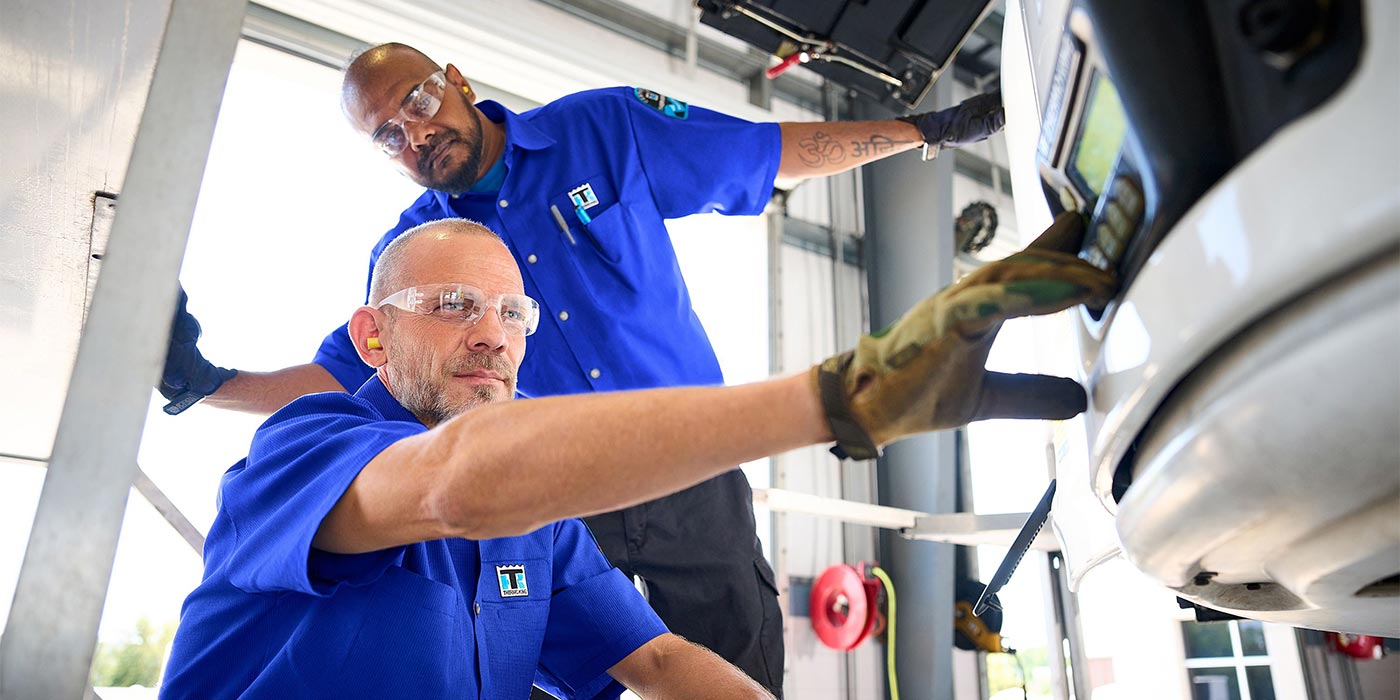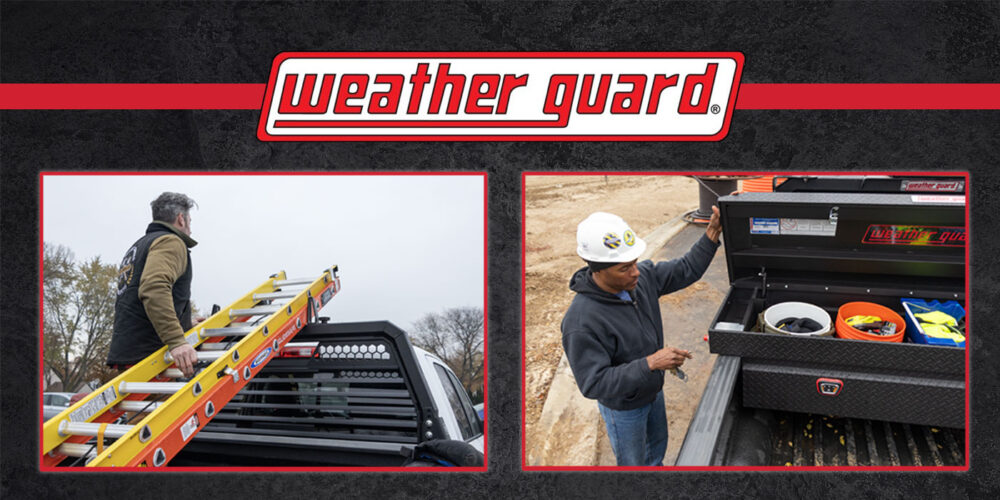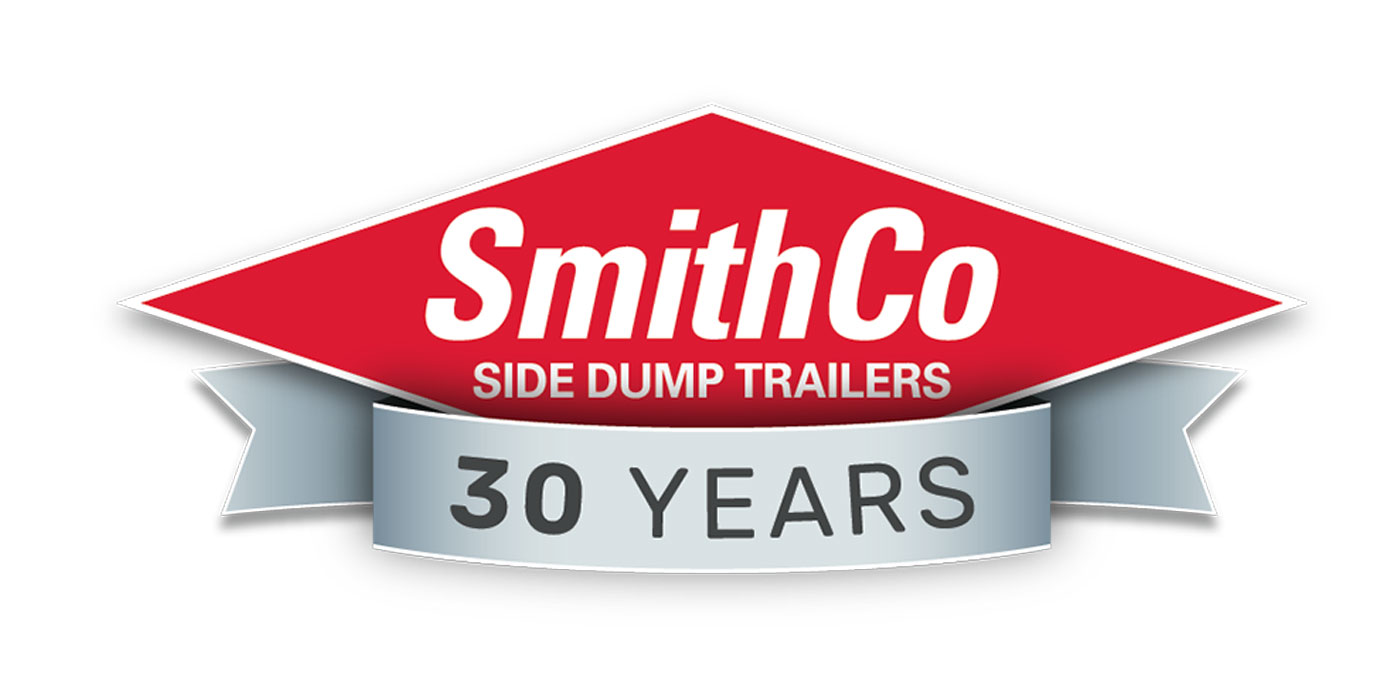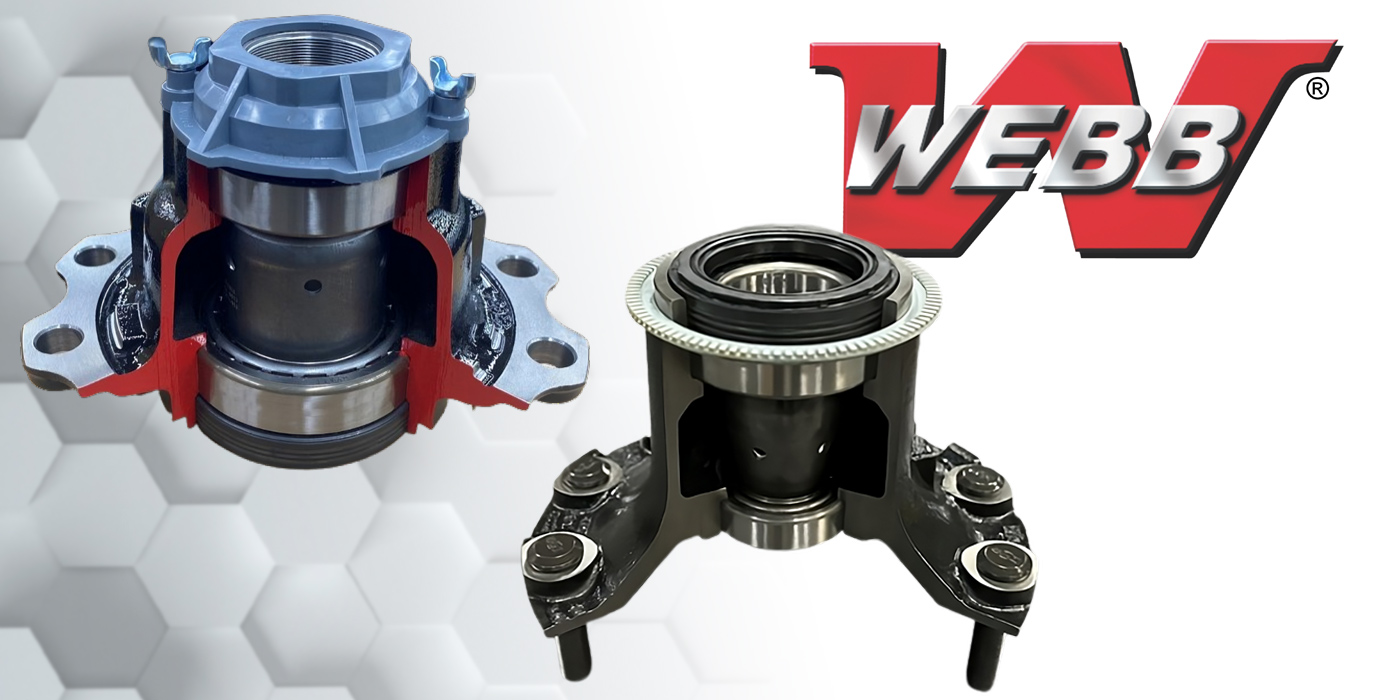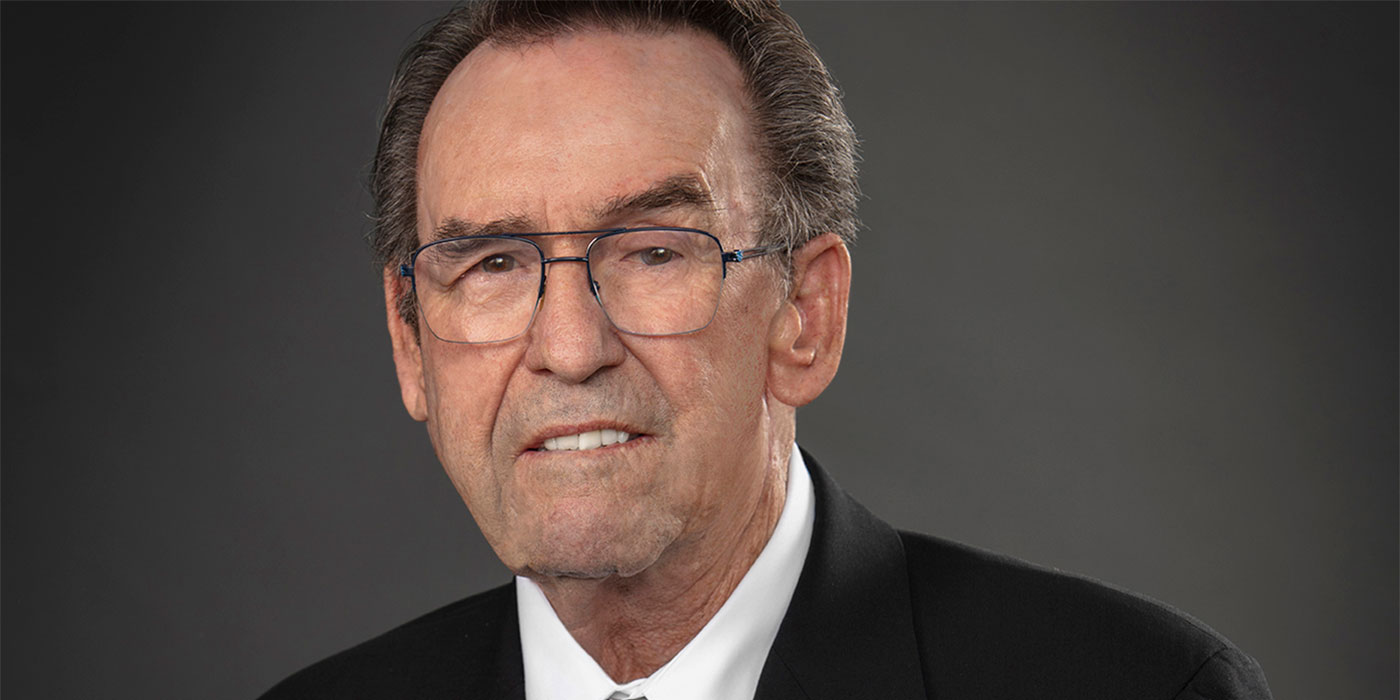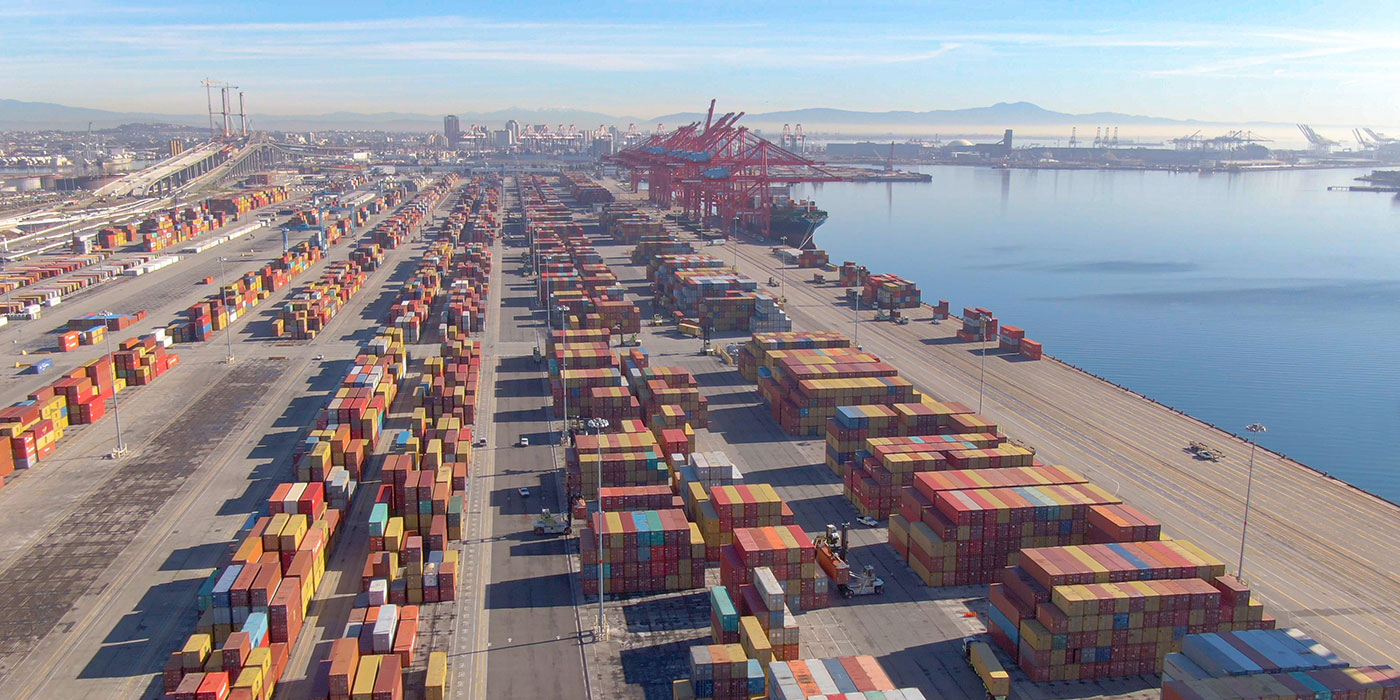If you watch movies like Blade Runner and Back to the Future Part II, set in 2019 and 2015, respectively, you know that the future has come and gone. Congratulations, we’ve made it.
Ridley Scott and Robert Zemeckis might be great directors, but seeing as how there are no signs of flying cars draped in neon on the horizon, maybe they aren’t the best ones to trust with predictions of how the automotive landscape will look like years into the future.
Today, we’re on the brink of an alternative fuels revolution, with electrification and hydrogen fuel cells knocking on the doors of fleets around the world. This means that companies like those in the lubrication industry get a chance to sit in the director’s chair to predict what the future of the industry will look like – but unlike in Hollywood, these predictions are being made by automotive experts and backed by hard science.
Research from Shell’s recent report regarding the decarbonization of the road freight sector with Deloitte, titled “Decarbonizing Road Freight: Getting into Gear,” indicates that the advancement of zero-emissions trucks is happening rapidly. Selda Gunsel, vice president of global commercial technology with Shell, says for the lubrication industry to keep up, the time to prepare and act is now.
“It is not about 20 or 30 years [from now], it is about the decade ahead. The roadmap of 22 decarbonization solutions identified by the global sector leaders [in our report] was based on a ten-year timeframe up to 2030,” Gunsel says. “Many senior-level executives from the North American road freight sector were involved in this research and the clear indication was that road freight is fast reaching a tipping point to decarbonize. And decarbonization will happen faster than many expect. In fact, many in the sector no longer view road freight as a hard-to-abate sector.
“What is clear is that we already have the two zero-emissions technologies that are needed to decarbonize commercial road vehicles: battery electric and hydrogen fuel cell. And there is growing alignment within the industry that the truck’s duty cycle will play a role in accelerating change, with hydrogen serving heavy-duty and long-range medium-duty and battery electric coming to the forefront for light commercial and short-range medium-duty,” she adds.
For Shell, Gunsel says part of this alignment meant extending the company’s range of E-fluids to cover commercial vehicles, which Shell did in October 2020.
This range of specialized fluids has been developed to meet the specific needs of both battery electric and hydrogen trucks. Truck OEMs and their customers have to use specialized fluids in zero-emissions trucks because the trucks’ drivetrains exert different pressures on the fluids and greases.
“The choice of fluids for battery electric vehicles [BEV] or fuel cell electric vehicles [FCEV] commercial vehicles is incredibly important. They need to perform at optimum levels for the duration of a vehicle’s lifetime because they are factory-filled and in a sealed environment,” Gunsel says. “For our range of Shell E-fluids, we have used our Shell gas to liquid [GTL] base oil technology because its low viscosity properties allow for higher efficiency in the vehicle’s powertrain. Our lubricants research in the development of these cutting-edge fluid solutions has focused on the specific electric drivetrain challenges of temperature control, oxidation, copper erosion and thermal conductivity.”
Of course, even in a scenario where electric and hydrogen fuel cell trucks become the most common vehicles on the road a decade from now, diesel engines aren’t going away anytime soon. There will still be a simultaneous need to lubricate the next generation of those engines as well.
“Vehicles stay on the road a long time. I mean, there are trucks on the road today that were designed and built in the late ’90s,” says Shawn Whitacre, senior staff engineer at Chevron. “So, we’ve already kicked off efforts to identify the requirements for engines that will be built to meet the proposed standards here in the U.S. and Europe that are requiring even greater fuel efficiency improvement, lower pollutant emissions as well as longer useful life requirements on the emission control system. These will phase in between 2024-2027 just for more traditional platforms.”
Chevron is already partnering with its suppliers and engine builders to evaluate the needs of fleets using a mix of energies to fuel their trucks. Whitacre says the company’s goal is to develop oils that have “very clear, robust and well-defined specifications that allow end-users to identify the proper fluid and match it to the powertrain that they’re employing in their fleet.”
Jeff Torkelson, senior technical director of commercial and industrial lubricants at Valvoline, says he’s excited about the shift in the industry to alternative-fueled trucks.
“It is an opportunity for the lubricant industry to prepare and help our customers navigate the move away from traditional lubricants to the new fluids that will support these alternative technologies,” he says. “Lubricant companies can prepare by being attentive to the evolving needs of customers, keeping the innovation pipeline open and continually seeking opportunities to support new alternative fuel technologies.”
As today’s trucks will likely still have plenty of years on the road, lubricant companies are also focusing on developing formulas that can simultaneously meet the needs of different engine types. Petro-Canada Lubricants has its line of Duron Geo heavy-duty engine oils and Valvoline recently introduced its Premium Blue One Solution Gen2 solution, both designed to meet the needs of natural gas-, diesel- and gasoline-powered engines. D-A Lubricant Co. also carries its D-A Reliant X-92 lubricant solution, also formulated to meet the needs of natural gas-, diesel- and gasoline-powered engines.

